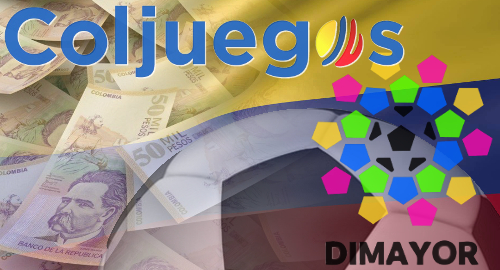 Colombia’s top football organizing body has filed a lawsuit against the country’s gambling regulator, claiming the sport is owed a slice of online sports betting revenue.
Colombia’s top football organizing body has filed a lawsuit against the country’s gambling regulator, claiming the sport is owed a slice of online sports betting revenue.
Late last week, El Tiempo reported that the División Mayor del Fútbol Profesional Colombiano (Dimayor), which represents the top two flights of Colombian football, was pursuing legal action against local gambling regulator Coljuegos for issuing online gambling licenses without cutting the leagues in for a slice of the proceeds.
Dimayor claims Colljuegos’ online betting licensees are unfairly using team names and trademarks without compensating the sport. Dimayor’s former president Jorge Perdomo had sought some kind of revenue-sharing scheme with Coljuegos since before the regulator began issuing online gambling licenses in June 2017.
Perdomo was ousted from Dimayor’s presidency this summer, in part due to his inability to realize the clubs’ demands for more revenue. Dimayor’s current president Jorge Enrique Vélez appears to believe that he knows where some of that scratch can be found.
Coljuegos issued its 15th online license to Meridian Gaming Colombia SAS last month, and Coljuegos president Juan Perez Hidalgo has forecast at least two more licenses will be issued before the year is through.
Dimayor wasn’t always so antagonistic toward Coljuegos, as the two parties joined with local gaming operator trade association Asojuegos in a cooperation agreement this May to ensure transparency in online sports betting to preserve match integrity.
In 2005, Dimayor launched its own parlay football betting product (Ganagol) with the help of global lottery and betting technology supplier Intralot, with Dimayor getting a 4% cut of sales. Ganagol was scrapped after failing to meet its sales forecasts, although a similar service is still available via Intralot’s Peruvian subsidiary.
Colombia isn’t the only jurisdiction where leagues are looking to get paid for betting operators taking wagers on their games. With America’s legal betting climate finally warming up, the major pro sports leagues have been pressing hard at both state and federal levels for the imposition of ‘integrity fees’ and the mandatory use of league-supplied data.